Washington wants Kosovo conference, with no vetoes
The U.S. backs a Kosovo gathering with decisions made with a majority of votes, without the veto option.
Friday, 19.10.2007.
12:10

The U.S. backs a Kosovo gathering with decisions made with a majority of votes, without the veto option. Beta news agency's diplomatic sources in Brussels have revealed Friday that the United States and France believe such a conference must be one of options in the Kosovo status settlement process, with Washington proposing that none of the participants be given the power to veto any decision. Washington wants Kosovo conference, with no vetoes The sourced further said the idea was floated by U.S. Ambassador to NATO Victoria Noland, during the Monday NATO – Russia meeting in the Belgian capital. She also suggested such a gathering could be organized in late November or early December. The diplomats added that while France said the idea should be considered, Paris also believes it could only be organized, "in a period of time measuring many months," after December 10. Noland also reportedly said that the Kosovo conference should not resemble that held in Dayton, Ohio, where in 1995 the warring Bosnian sides, as well as Belgrade and Zagreb, were forced to accept one solution. The current rounds of talks between Belgrade and Pristina, mediated by the Contact Group Troika of diplomats, are set to continue in Vienna on Monday, but the deadline for the end of the negotiations has been set for December 10. According to a statement from Foreign Minister Vuk Jeremic, the Belgrade delegation that will travel to the Austrian capital will most probably be represented at ministerial level. In other words, it will be led by either Jeremic himself or Kosovo Minister Slobodan Samardzic. The Pristina delegation will, as ever, be at the highest level led by Kosovo President Fatmir Sejdiu and Prime Minister Agim Ceku. As they meet, the Belgrade and Pristina teams will have an opportunity to set out "how they see the 14 points of convergence" which the Contact Group's negotiating Troika managed to find among the proposals made so far by the two sides, European diplomatic sources told Tanjug in Brussels. The delegations will discuss the points first in separate, morning meetings with the Contact Group diplomats, which will then elaborate its working paper, followed by the points becoming subject of talks in a new round of direct negotiations in the course of the afternoon. The agency's Europeans sources pointed out that another meeting can be expected in "about ten days" after the Vienna talks. Another possibility is an extended meeting that could last two to three days - and that would be in late November, but it will depends on the work for finding points of convergence. Unlike those who spoke to Beta, all Tanjug's diplomatic sources ruled out the possibility of organizing an international conference on Kosovo. The EU fully supports the process conducted by the Contact Group mediation Troika and sees no need for any parallel initiatives, the agency quotes its anonymous sources. The Kosovo Albanian team are traveling to Vienna, via Paris, where they will meet French Foreign Minister Bernard Kouchner on October 21. Besides the Pristina team, Kouchner will also meet with the Belgrade delegation on November 4. The French foreign minister said yesterday that he would speak with both delegations about “the prospects that we hope will be offered by the report due for submission to UN Secretary General Ban Ki-moon on December 10.” As far as a possible extension of the negotiating process is concerned, Kouchner says progress needs to occur in the current talks for that to take place. “Together, we have to decide whether an extension is necessary. I don’t think that will happen without some progress being made, without the Serbs and Albanians reaching some common agreement to talk about peace and development,” he said. The first round of talks between the two sides, in the resumption of the negotiating process, were held on September 28 in New York when the Belgrade delegation was led by President Boris Tadic and Prime Minister Vojislav Kostunica. Following that encounter, more frequent meetings were scheduled. Serbia insists on discussions concerning essential autonomy for the province, while the Kosovo Albanians advocate a document on “good neighborly relations” between Serbia and Kosovo, as two independent countries.
Washington wants Kosovo conference, with no vetoes
The sourced further said the idea was floated by U.S. Ambassador to NATO Victoria Noland, during the Monday NATO – Russia meeting in the Belgian capital.She also suggested such a gathering could be organized in late November or early December.
The diplomats added that while France said the idea should be considered, Paris also believes it could only be organized, "in a period of time measuring many months," after December 10.
Noland also reportedly said that the Kosovo conference should not resemble that held in Dayton, Ohio, where in 1995 the warring Bosnian sides, as well as Belgrade and Zagreb, were forced to accept one solution.
The current rounds of talks between Belgrade and Priština, mediated by the Contact Group Troika of diplomats, are set to continue in Vienna on Monday, but the deadline for the end of the negotiations has been set for December 10.
According to a statement from Foreign Minister Vuk Jeremić, the Belgrade delegation that will travel to the Austrian capital will most probably be represented at ministerial level.
In other words, it will be led by either Jeremić himself or Kosovo Minister Slobodan Samardžić. The Priština delegation will, as ever, be at the highest level led by Kosovo President Fatmir Sejdiu and Prime Minister Agim Ceku.
As they meet, the Belgrade and Priština teams will have an opportunity to set out "how they see the 14 points of convergence" which the Contact Group's negotiating Troika managed to find among the proposals made so far by the two sides, European diplomatic sources told Tanjug in Brussels.
The delegations will discuss the points first in separate, morning meetings with the Contact Group diplomats, which will then elaborate its working paper, followed by the points becoming subject of talks in a new round of direct negotiations in the course of the afternoon.
The agency's Europeans sources pointed out that another meeting can be expected in "about ten days" after the Vienna talks.
Another possibility is an extended meeting that could last two to three days - and that would be in late November, but it will depends on the work for finding points of convergence.
Unlike those who spoke to Beta, all Tanjug's diplomatic sources ruled out the possibility of organizing an international conference on Kosovo.
The EU fully supports the process conducted by the Contact Group mediation Troika and sees no need for any parallel initiatives, the agency quotes its anonymous sources.
The Kosovo Albanian team are traveling to Vienna, via Paris, where they will meet French Foreign Minister Bernard Kouchner on October 21.
Besides the Priština team, Kouchner will also meet with the Belgrade delegation on November 4.
The French foreign minister said yesterday that he would speak with both delegations about “the prospects that we hope will be offered by the report due for submission to UN Secretary General Ban Ki-moon on December 10.”
As far as a possible extension of the negotiating process is concerned, Kouchner says progress needs to occur in the current talks for that to take place.
“Together, we have to decide whether an extension is necessary. I don’t think that will happen without some progress being made, without the Serbs and Albanians reaching some common agreement to talk about peace and development,” he said.
The first round of talks between the two sides, in the resumption of the negotiating process, were held on September 28 in New York when the Belgrade delegation was led by President Boris Tadić and Prime Minister Vojislav Koštunica. Following that encounter, more frequent meetings were scheduled.
Serbia insists on discussions concerning essential autonomy for the province, while the Kosovo Albanians advocate a document on “good neighborly relations” between Serbia and Kosovo, as two independent countries.


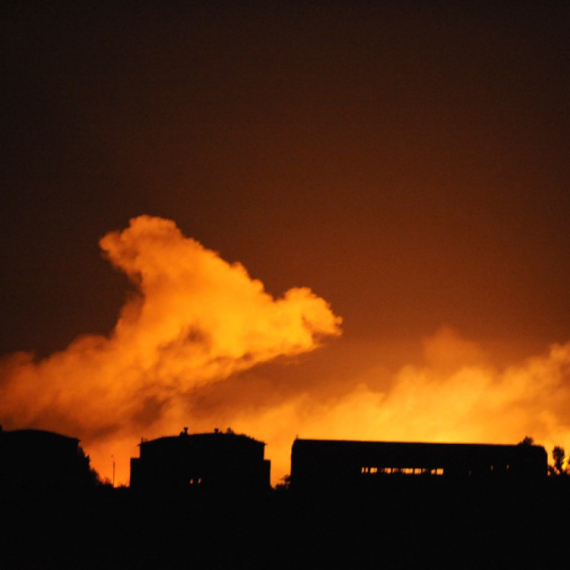
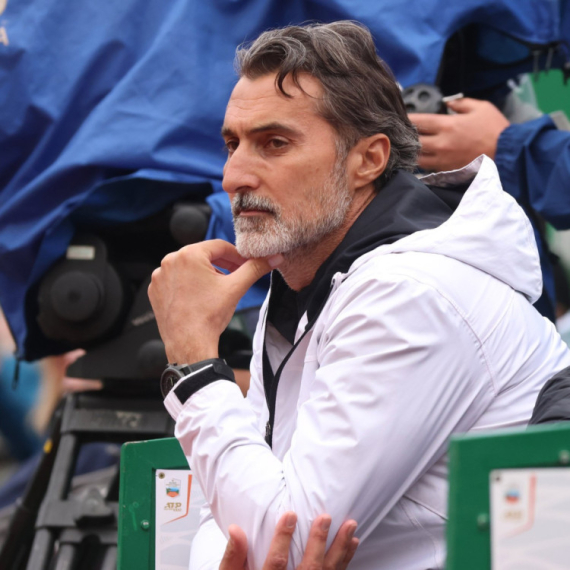
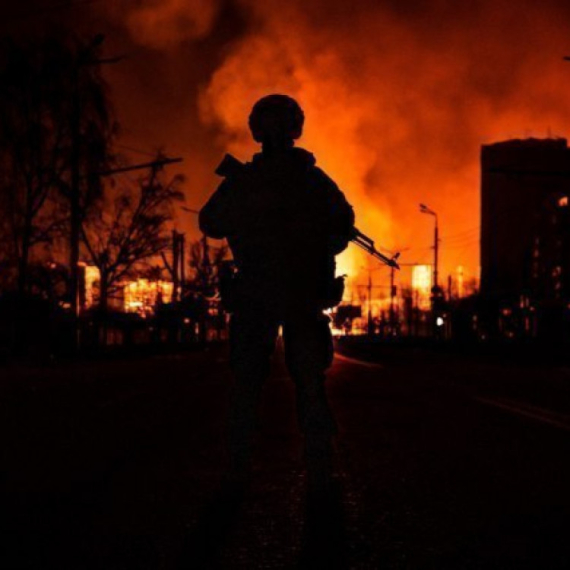
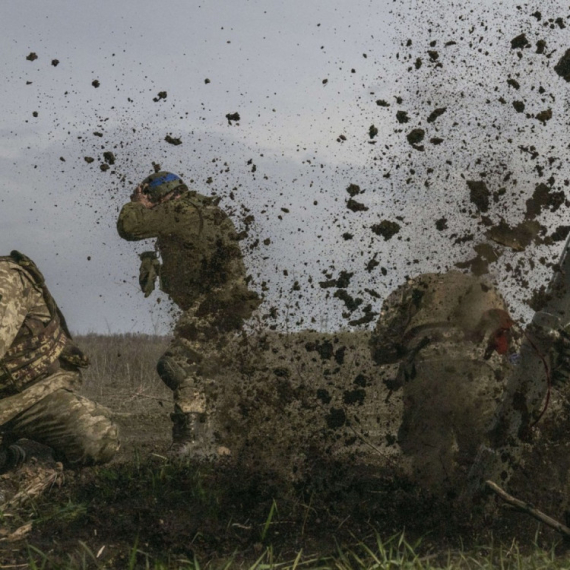
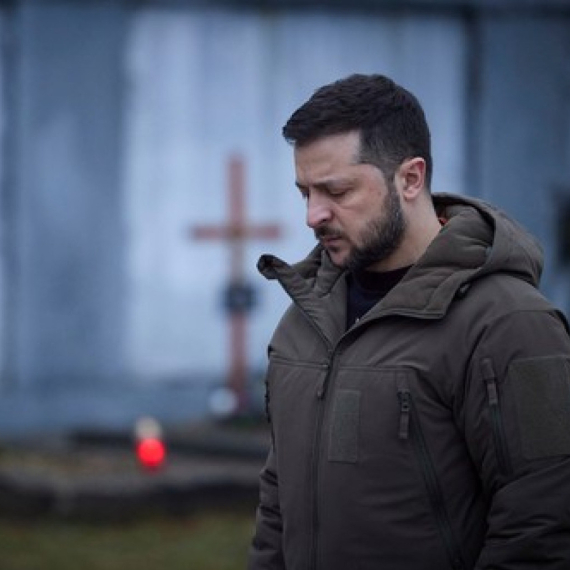



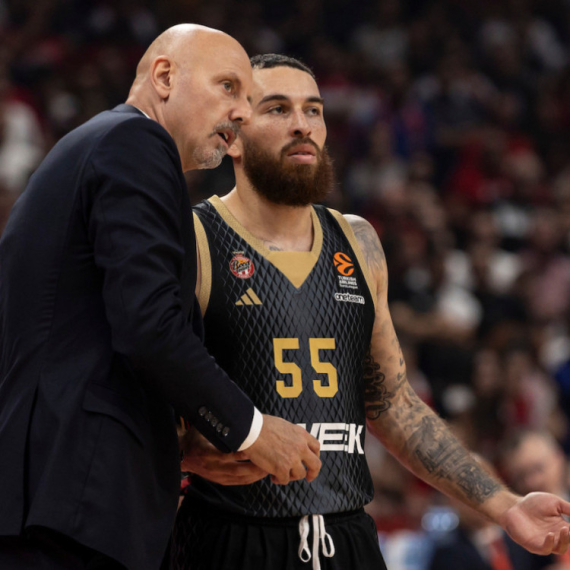
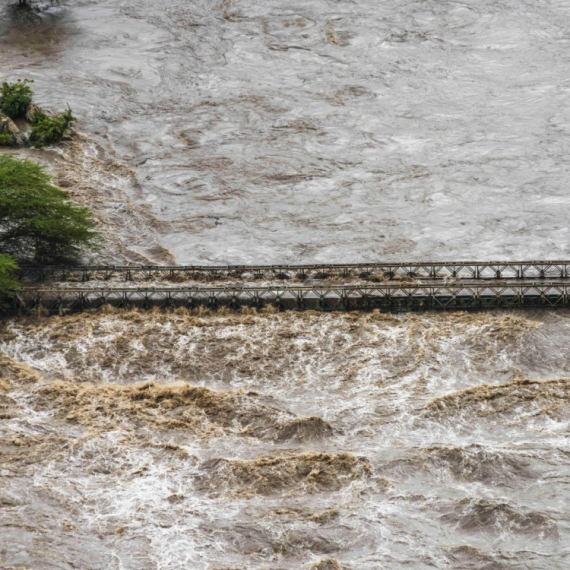


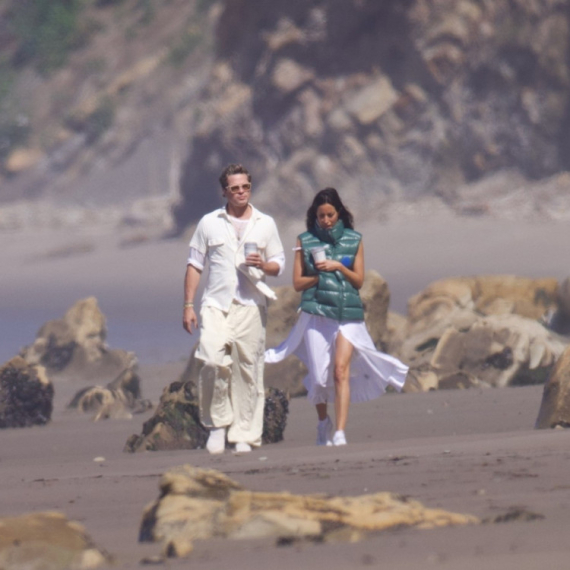
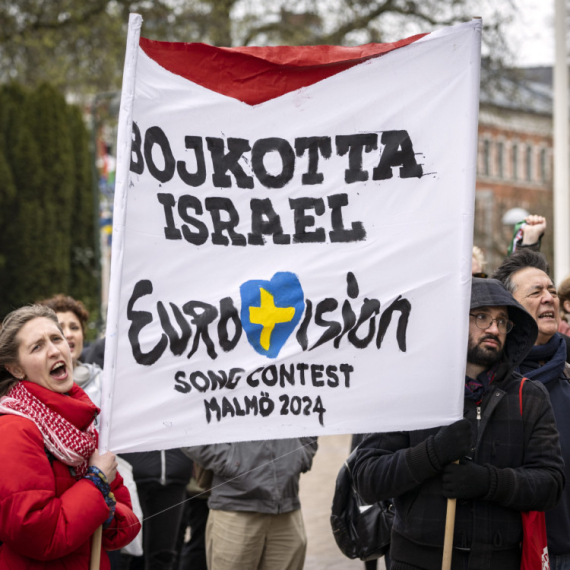

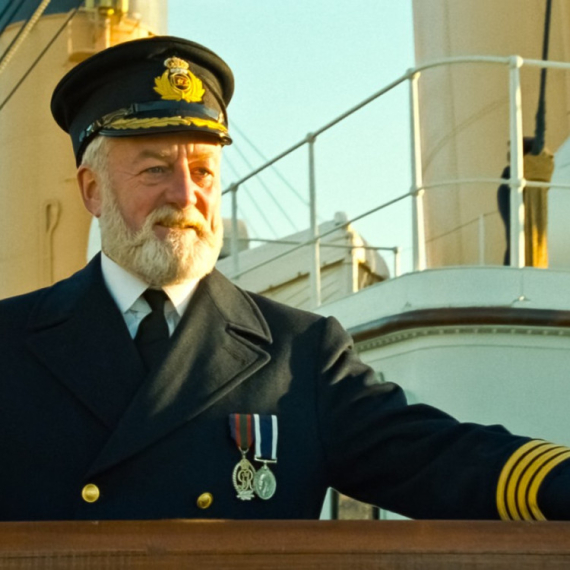






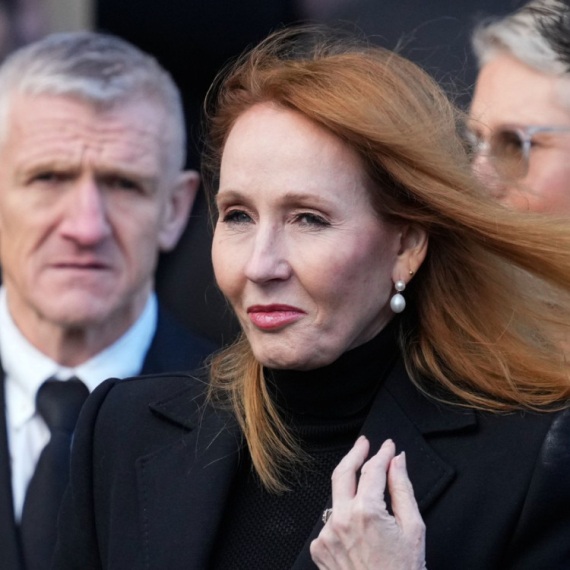










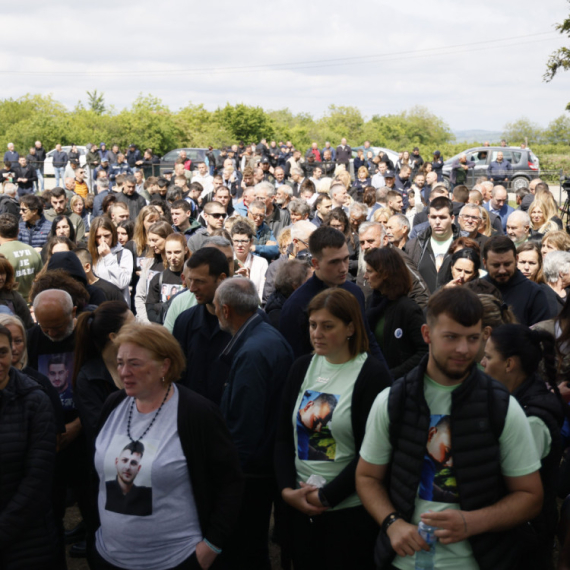
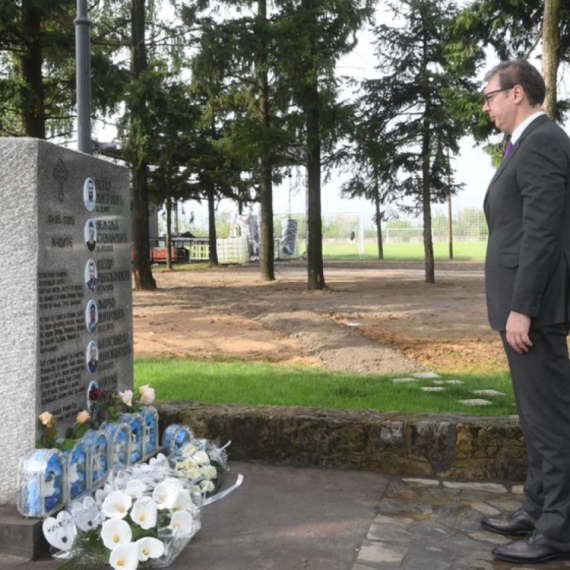
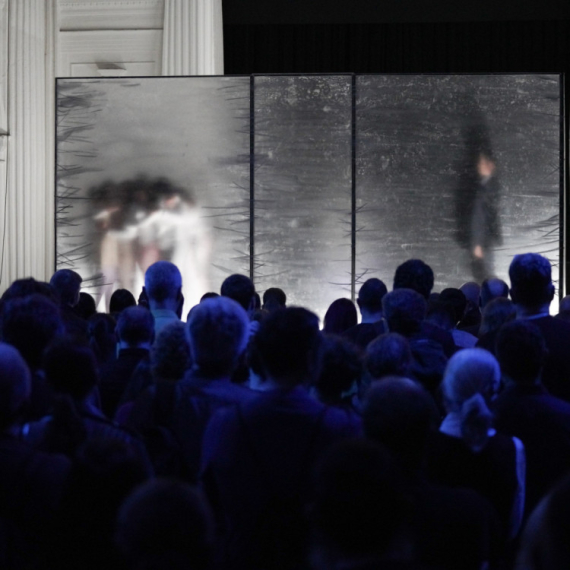
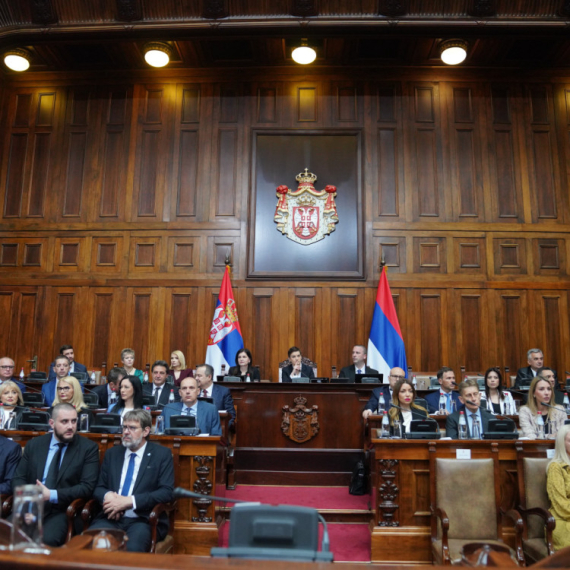
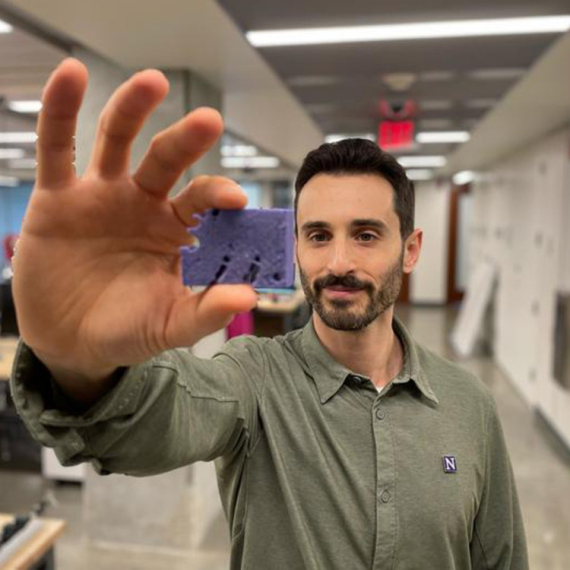




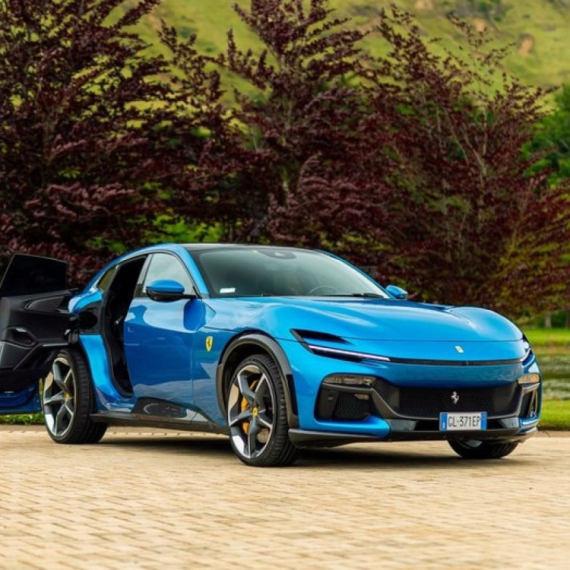



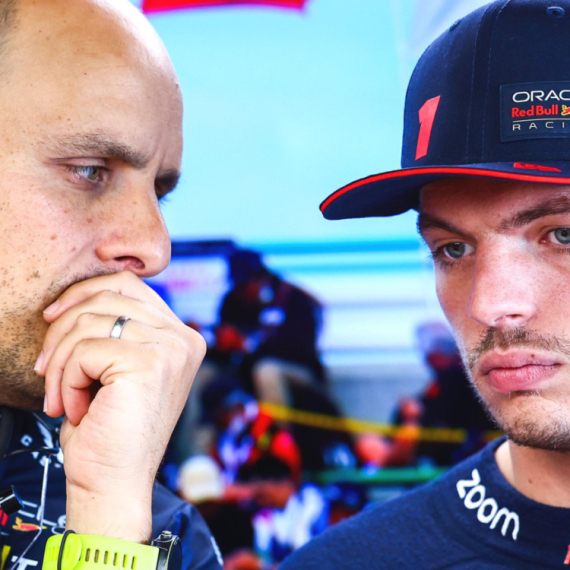
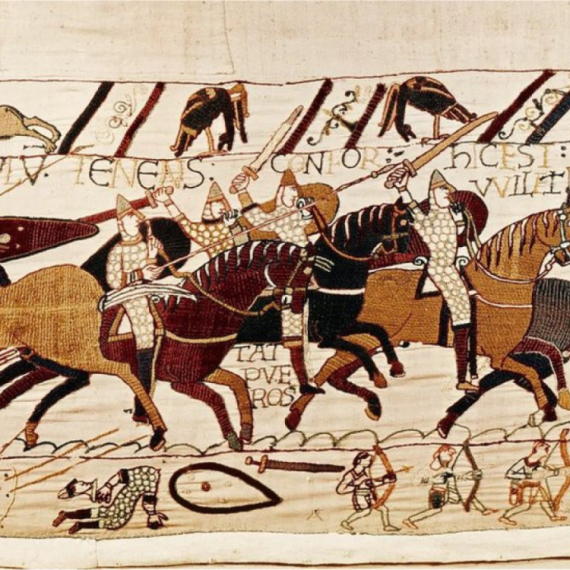
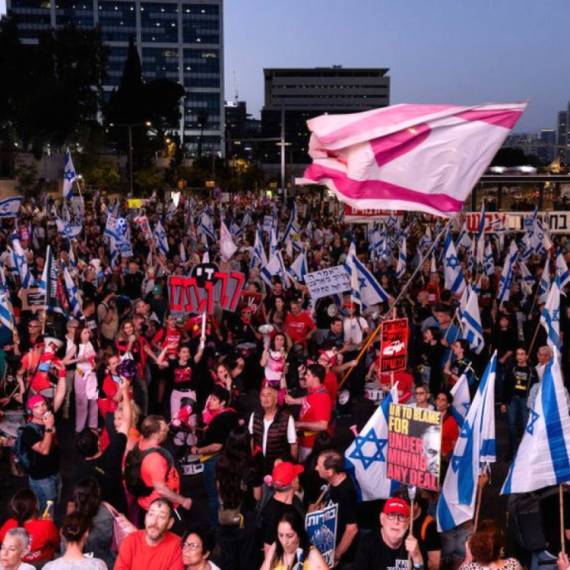
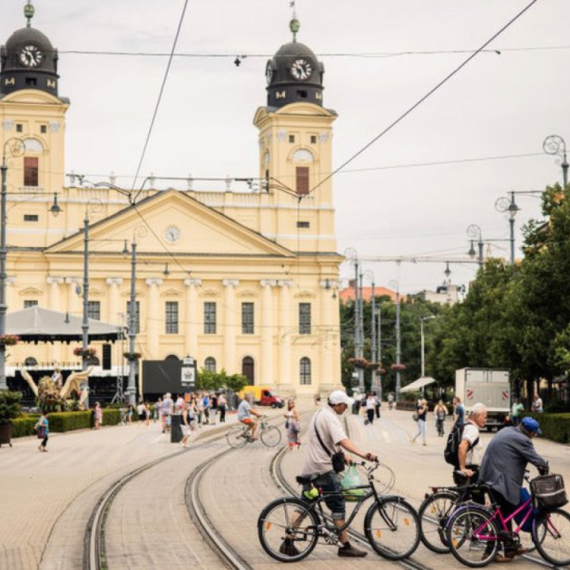
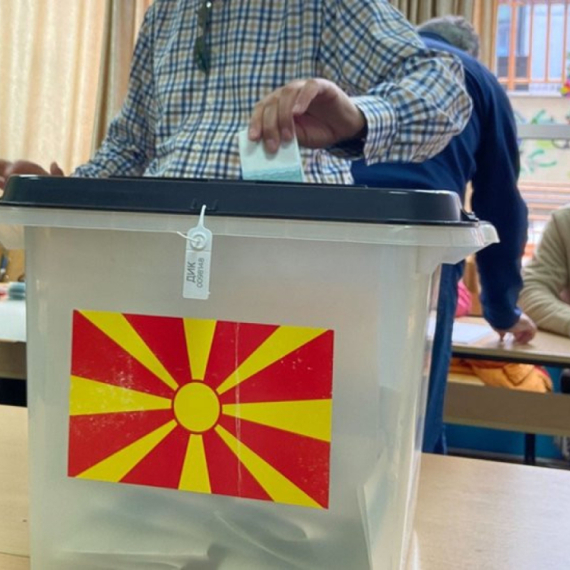

Komentari 51
Pogledaj komentare